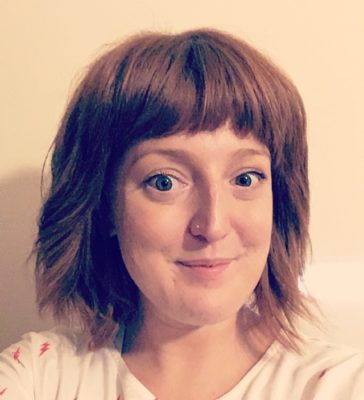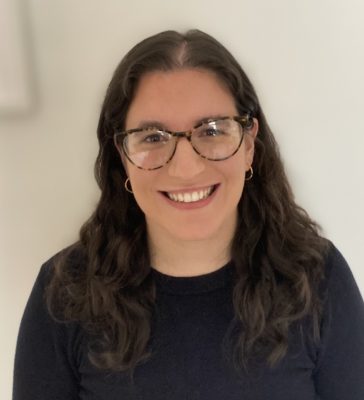
Dr Amanda Dickson
Current Employer/Organisation Name
Northern Devon NHS Healthcare Trust
What have you been doing since leaving Exeter, and what are you doing now?
After graduating, I worked for several years in the NHS performing several administrative roles including Clinical Governance Co-ordinator for the Division of Surgery, Trauma & Orthopaedics at the Royal Cornwall Hospital. I then returned to university, this time in Swansea to undertake a 4 year graduate entry medicine degree, graduating in 2018 and working as a Foundation Doctor in Barnstaple, North Devon.
Why did you choose this career? And what do you enjoy most about your work?
Medicine incorporates my passion for science, and allows me to work with people – both patients and colleagues – in a capacity where I can make a difference to their lives and see real time results. It is also an art, and it is this creative aspect which feeds the growth and development of the medical field, and helps to shape my practice to make me a better clinician with every encounter. I enjoy working with so many diverse individuals, and being involved in such a broad field where anyone can find a niche. I also enjoy the challenge of learning something new every day, and the support to continue personal and academic growth no matter your seniority.
Were you part of the Exeter Student Ambassador Scheme at any point during your studies?
Yes.
What did you enjoy most about your programme and what was the biggest highlight?
I enjoyed being encouraged to undertake practical skills from a very early stage, allowing me to become proficient in laboratory work throughout my course, and undertake more complex synthesis during my final project. I also enjoyed the flexibility of being able to either complete my dissertation with either written/theoretical pieces of research, or a practical project, report and viva-style assessment; the latter of which I chose to undertake. I also enjoyed the flexibility of module choices, allowing me to study microbiology and immunology modules which were more suited to my ultimate career choice.
What did you enjoy most about studying here?
Exeter is a beautiful place, with the convenience of living in a city that has all the amenities you could need, whilst being well-linked to the beach as well as larger cities such as Bristol and London by train and bus. The university has a great social scene, and there are a number of bars and restaurants with music, film and theatre events to fill your spare time.
Why did you choose to study at Exeter?
Exeter has a great reputation for excellent standards of teaching, research and facilities. New biosciences laboratories had been built just prior to my arrival, with purpose built facilities for research in cancer research and biosynthesis.
What skills and experiences have been most useful for your career?
Data analysis, critical appraisal and a solid background in biology, chemistry, and physical sciences were an enormous benefit when studying medicine. The ability to both critique and write scientific articles has allowed me to identify the best sources of information for both my patients, and to form my own clinical opinions. Pharmacology knowledge has also aided me with my real-life treatment of patients, allowing me to fully appreciate the mechanism of action for the medications we use and the implications in terms of side effects and interactions.
What advice would you give to a current student who wishes to pursue your career?
Get a solid grounding in all scientific disciplines, as well as basic biochemistry and pharmacology knowledge. Be able to critically appraise literature fully, and understand the hierarchical structure of articles, and the limitations of smaller studies and case reports when using them to guide your treatment of patients.
What are your plans for the future?
In the future, I plan to work in Acute Medicine – likely either as an anaesthetist/intensive care doctor, or an emergency physician. I will take a year out of training to undertake placements in these fields whilst studying for my specialty exams and putting together a strong portfolio for application.

